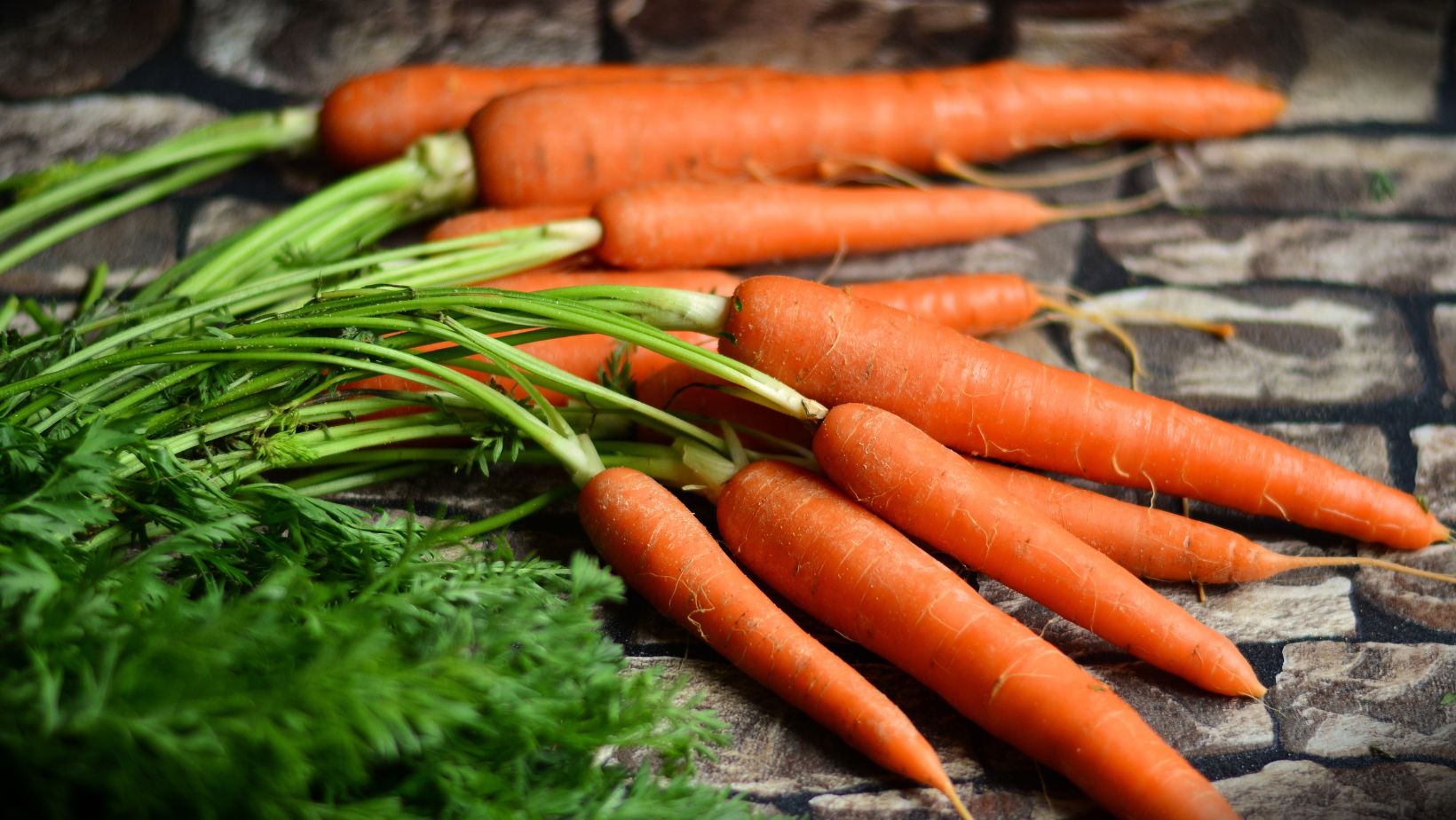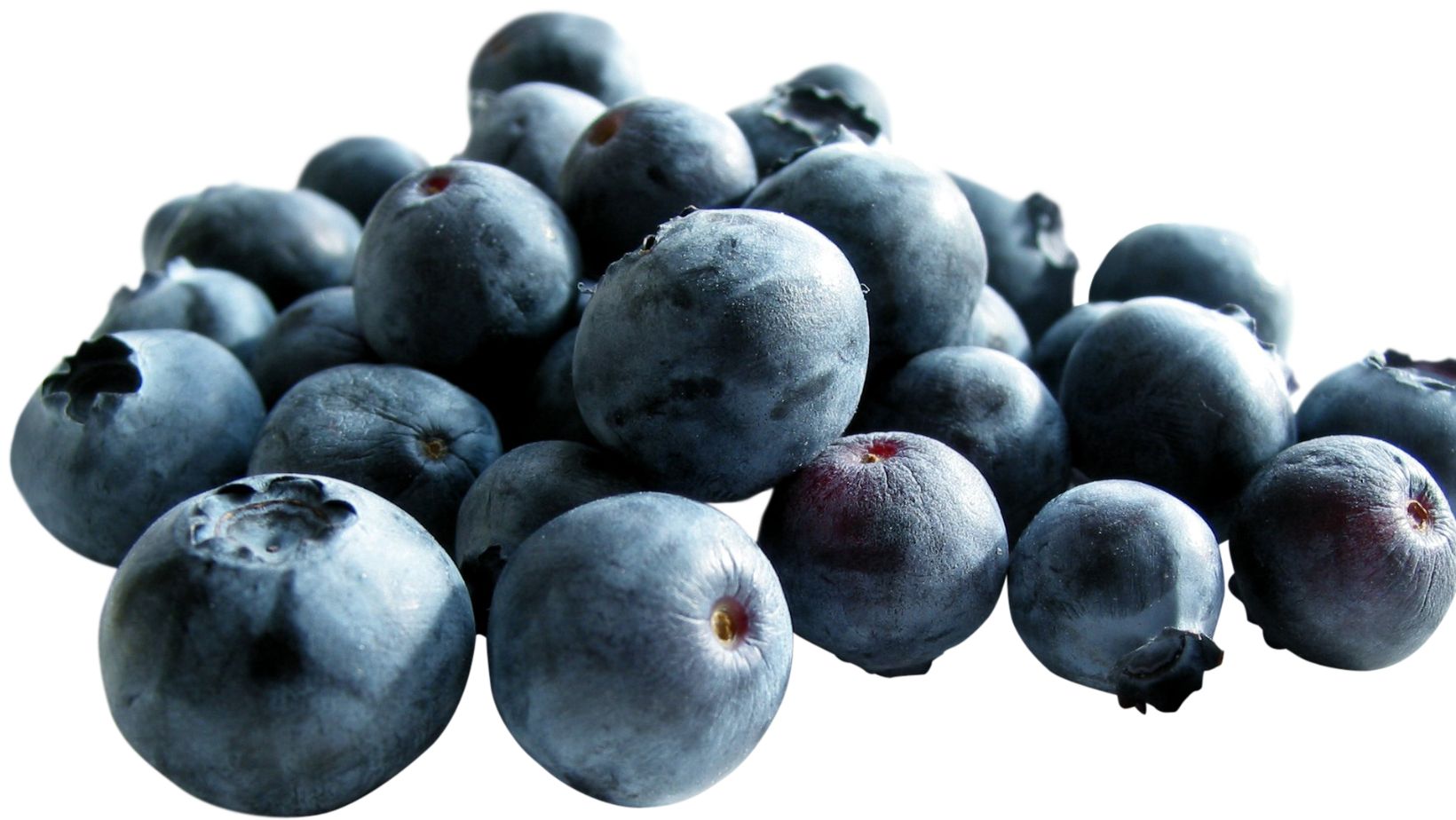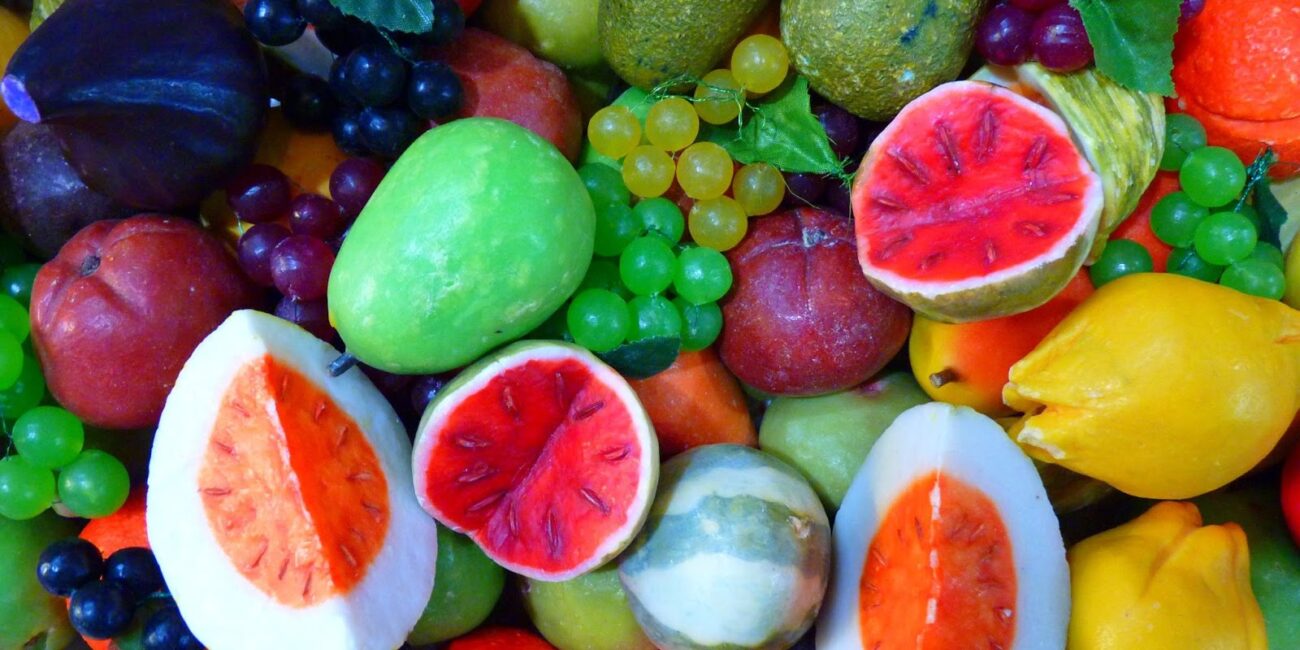Exploring the Safety of Asparagus Consumption for Dogs
Asparagus is a popular vegetable, but can dogs eat it safely? Although it’s not toxic, due to the high fiber content and potential for digestive distress, asparagus should only be given in moderation. Ensure that it’s cut into bite-sized pieces or pureed to avoid choking hazards.
Asparagus contains vitamins and minerals beneficial for dogs, such as potassium and vitamin K. However, some dogs may have an allergic reaction to asparagus. It’s best to introduce new foods slowly and watch for any signs of discomfort or illness in your pet.
It’s important to note that when feeding asparagus as a treat, it should not compromise their overall diet balance. Speak with your veterinarian regarding the ideal portion size of asparagus and how frequently you can feed your dog.
According to Rover.com, aside from the potential digestive issues mentioned above, “asparagus ferns are highly dangerous for dogs… These plants contain sapogenins which can result in abdominal pain, vomiting, diarrhea if ingested”.
Remember: always check with a vet before introducing a new food into your dog’s diet!
Looks like dogs have a green thumb too, as there are plenty of veggies they can chow down on!
Vegetables Safe for Dogs to Eat
Vegetables that are Safe for Dogs to Eat: A Professional Guide
When it comes to feeding vegetables to dogs, it’s essential to know which ones are safe for their health. It’s not uncommon for dog owners to question which vegetables to include in their furry friend’s diet and whether or not they are safe. Here’s a detailed guide to vegetables safe for dogs to eat.
- Carrots – This crunchy vegetable is an excellent source of vitamin A and low in calories, making it an ideal snack for dogs.
- Green Beans – Low in calories and high in fiber, green beans are a great vegetable to add to your dog’s diet to maintain its weight and digestive health.
- Sweet Potatoes – Rich in fiber and antioxidants, sweet potatoes help regulate the dog’s digestive system and are best served cooked or mashed.
- Asparagus – Asparagus is considered safe for dogs to eat, provided it is cooked. It is high in vitamin K, which promotes strong bones and helps prevent blood clotting.
It’s important to note that not all vegetables are safe for dogs. Vegetables like onions, mushrooms, and garlic can be toxic to dogs and should be avoided. Additionally, large quantities of any vegetable can cause digestive issues in dogs, so it’s best to serve them in moderation alongside their regular diet.
It’s worth noting that while vegetables provide dogs with many health benefits, they should not be the primary source of their nutrition. Dogs require a balanced diet consisting of proteins, fats, and carbohydrates for optimal health.
A true fact: Did you know that in 2019, the American Pet Products Association reported that Americans spent over 36 billion dollars on pet food and treats alone? Source: American Pet Products Association.
When it comes to asparagus and dogs, remember: if it makes their pee smell weird, it’s probably not a good idea.

Asparagus
This particular vegetable, known for its tender and crunchy texture, is considered safe for dogs to eat. Asparagus is loaded with vitamins and minerals that are beneficial to a dog’s health, including vitamin K, folate, and fiber.
| Nutrient | Amount per serving |
| Vitamin K | 70.2 mcg |
| Folate | 34.6 mcg |
| Fiber | 0.9 g |
In addition to its nutritional benefits, asparagus can also aid in digestion and promote healthy urine production due to its diuretic properties. However, it is recommended to feed asparagus in moderation as excessive amounts may cause digestive upset.
As responsible pet owners, it is essential to provide our furry companions with a well-balanced diet that meets their dietary needs. Including vegetables like asparagus in their diet can greatly benefit their overall health and well-being. Don’t miss out on the opportunity to incorporate this nutritious treat into your pup’s meal plan.
Looks like even dogs have to eat their greens, but let’s hope they don’t start barking about their love for broccoli like some of those health freak humans out there.
Broccoli
This green cruciferous veggie is safe for your furry friend to nibble on. Broccoli is an excellent source of fiber and vitamin C, which has anti-inflammatory properties that strengthen the immune system. It also contains antioxidants that can help prevent cancer in dogs. Be mindful of serving sizes, as excessive consumption may cause digestive issues like gas and diarrhea.
In addition to being a healthy snack option, broccoli is versatile and can be added to your dog’s meals. You could steam the florets and mix them into their food or chop them up as a garnish on top.
It’s worth noting that some dogs develop an allergic reaction or intolerance to broccoli; watch out for symptoms like itching, swelling, or difficulty breathing after feeding them this vegetable.
As per one story from Japan in 1998, a Labrador Retriever named Beau ingested a whole stick of butter along with a large amount of broccoli. Uematsu Isamu, one of the owners struggled to get the dog vomit it out only to fail twice due to the slippery nature of butter but eventually succeeded through diuretics usage with advice from a veterinarian making it safe for Beau.
Who knew carrots could be the ultimate wingman for your furry friend’s eyesight and digestion?
Carrots
Not only are carrots tasty, but they are also a healthy addition to your dog’s diet. High in fiber and vitamins, carrots can help improve digestion and boost immunity. Plus, their crunchiness can benefit your pet’s dental health by reducing tartar buildup.
When feeding your dog carrots, make sure they are cut into small pieces to avoid choking. Also, you can mix carrots with other dog-friendly vegetables such as green beans to vary their diet. However, do not overfeed them with it as excessive amounts of Vitamin A could be toxic to dogs.
Pro Tip: Instead of giving your dog store-bought treats, try homemade carrot and peanut butter bites as a healthier alternative.
Green beans may not give your dog superpowers, but they’ll definitely make their poops more heroic.
Green Beans
Green beans are a great addition to your dog’s diet. They are not only low in calories but also provide essential nutrients such as vitamins K and C, fiber, folate, and potassium. Your dog can enjoy this tasty treat in various ways.
- Raw green beans can be a crunchy snack for your dog
- Cooked or steamed green beans provide a soft texture that is easily digestible
- Green beans can be added as an ingredient to your dog’s meals for additional fiber
- They make great treats for training purposes
- If your dog is overweight, substituting a portion of their meal with green beans can aid in weight management.
It’s important to note that canned green beans should be avoided due to the high salt content. Also, ensure you wash the green beans thoroughly before feeding them to your furry friend.
Green beans have natural anti-inflammatory properties that may help alleviate arthritis pain. According to The American Kennel Club, they “can act like an antioxidant and slow down damage to cells.”
Studies show that dogs benefit from nutritional diversity just like humans. Incorporating different vegetables into their diet can enhance their health and overall wellbeing. Your dog won’t be green with envy when he chomps down on some peas, but he might have a pea in his step.

Peas
- Peas contain Vitamins A, C, and K, which help improve your dog’s immune system and keep their coat shiny.
- They also have antioxidants that protect cells from damage caused by free radicals.
- Peas are rich in fiber and promote proper digestion among dogs which is good for bowel movement but should still not be overfed.
- These vegetables also have low-calorie content making them ideal for chubby or overweight dogs as they will fill up more quickly without adding too much weight.
- Feed cooked peas rather than raw; this mitigates any harmful additives or preservatives that could cause gastrointestinal complications like gas or bloating.
- Moderation is also key; too many peas can make your pup gassy or upset their stomachs.
When serving peas to your canine friend, consider how they react as all dogs react differently to various foods’ consumption. Avoid seasoning them with unhealthy dressings, butter, oils, or salt. Peas serve as a nutritious alternative to treats, especially during training sessions. However enjoyable pea treats need a balance between the nutritional value they offer and the potential harms posed by overfeeding.
Pro Tip: Start by introducing small amounts of peas into your dog’s diet and increase gradually while monitoring their reaction to avoid digestive issues.
Your pooch will go bananas for these safe and delicious fruits, just don’t let them get too pear-shaped.
Is Asparagus Ok for Dogs
Fruits That Are Safe for Dogs to Consume
Many fruits that are safe for human consumption can be harmful to dogs. It is essential to know the fruits that dogs can and cannot eat to prevent any health complications.
- Blueberries – rich in antioxidants
- Apples – high in fiber, vitamins A and C
- Watermelon – loaded with vitamins A, B6, and C
- Bananas – packed with potassium and fiber
Dogs can also consume asparagus, but it should be given in moderation. Asparagus is high in vitamin K, vitamin C, and folate but can cause digestive discomfort and urinary issues in some dogs.
Pineapple is a fruit that dogs can consume, but only in small amounts. Pineapple contains bromelain, which can cause allergic reactions or digestive issues in dogs if consumed in excess.
According to the American Society for the Prevention of Cruelty to Animals (ASPCA), grapes and raisins can cause kidney failure in dogs, so it is best to avoid giving them to dogs entirely.
It is worth noting that even some “safe” fruits may cause digestive issues or allergies in some dogs.
A study conducted by the University of Liverpool found that dogs’ DNA has evolved in such a way that allows them to digest starches, including fruits. Therefore, it is a good idea to consult with a veterinarian before adding any new foods to a dog’s diet.
(Source: ASPCA)
An apple a day keeps the vet away, unless your dog eats it and needs emergency care.
Apples
These juicy and crunchy seasonal fruits offer numerous health benefits to your furry companions. Apples are a great source of Vitamin C, fiber, and low in fat and protein. However, the seeds of an apple contain cyanide, which can be harmful to dogs if ingested in large amounts. It is recommended to remove the seeds and core before giving them this fruit as a treat.
Besides the nutritional benefits, apples help clean your dog’s teeth as their crunchy texture helps in scraping away tartar. Some dogs love eating applesauce or mashed apples mixed with their food. As with any new food introduced to your dog’s diet, start small portions to monitor for any allergic reactions or upset stomach.
Giving apples as treats occasionally is safe for dogs, but it should not replace their main meals as it does not contain all the necessary nutrients that they need. It is always advisable to consult with a veterinarian regarding your pet’s dietary needs.
Don’t deprive your pet of the nutritional benefits that fruits provide. The next time you bite into this crispy fruit, share some with your pooch for a healthy snack!
If your dog goes bananas for bananas, rest easy knowing that they’re a safe and healthy treat option.
Bananas
One of the safe fruits for dogs to consume is the sweet, yellow elongated fruit that we commonly know as Banana. It is an excellent source of fiber, potassium, magnesium, vitamins B6 and C. Bananas are usually chewy, making them perfect for pups who love to chew on things. Plus, it can serve as a low-calorie treat that can help in battling obesity and digestion issues.
Bananas are also good at keeping your furry friend energized during playtime or long walks because they are filled with natural sugars. However, overfeeding bananas can lead to constipation for some dogs. The best way to avoid this is by feeding them small amounts occasionally, and observe their behavior before increasing portions. Lastly, always ensure that the banana is peeled and cut into small pieces before giving them to your dog.
Pro Tip: Don’t just give your dog large chunks of banana right away; start with small slices instead to ensure their digestive system does not react adversely.
Your dog may never be able to appreciate the beauty of blue, but they’ll surely appreciate the taste of blueberries.
Blueberries
- Blueberries are high in fiber, which helps regulate digestion and maintain a healthy gut.
- They are also rich in antioxidants that help prevent cell damage and protect against disease.
- In addition, blueberries contain vitamin C, which supports immune function and skin health.
- Lastly, these tasty treats are low in calories and sugar, making them a great alternative to processed dog treats.
It’s important to note that while blueberries are safe for dogs, they should be fed in moderation as too much can cause gastrointestinal upset.
Be sure to incorporate blueberries into your dog’s diet as a healthy treat option. Your furry friend will thank you!
If dogs could talk, they’d be begging for mangoes instead of bones.
Mangoes
Mangoes are one of the delicious fruits that are not only safe but also highly nutritious for dogs. Here are some important points about mangoes that you should know:
- Mangoes are abundant in vitamins C, A, and E, which promote a healthy immune system in dogs.
- They contain antioxidants that can help protect your pup from certain diseases and illnesses.
- Mangoes contain essential fiber that promotes good digestion and helps with bowel movements.
- The potassium found in mangoes can aid in maintaining good heart health in dogs.
It’s interesting to note that while dogs can safely consume mango flesh, they should not be given the fibrous and potentially dangerous pit. Also, like with any food, moderation is key when offering mango to your dog.
If you want to offer your furry friend some tasty and nutritious treats, try slicing up some fresh mango pieces. Another option is to freeze the slices into small cubes for an icy treat on a hot day.
By providing your dog with the appropriate amount of sweet and nutrient-rich food such as mangoes, you are helping them maintain a healthy lifestyle.
Why give your pup a slice of heaven when you can give them a slice of Watermelon?
Watermelon
If you’re looking for a fun and nutritious treat for your furry friend during the warmer months, watermelon is a great option. However, it’s important to remember that every dog is different and may have unique dietary needs or allergies. Always consult with your veterinarian before introducing new foods into your dog’s diet.
Interestingly, Watermelons have been cultivated in Egypt for over 5,000 years and were believed to have been used as a source of water for travellers. The first recorded watermelon harvest occurred nearly 5,000 years ago in Egypt.
- Watermelon is low in calories and contains high levels of vitamins A and C, as well as potassium.
- The seeds in watermelons are not toxic to dogs, but they can cause intestinal blockages, so it’s best to remove them before feeding your dog.
- The rind of the watermelon can also be difficult for dogs to digest, so it’s best to only feed them the flesh of the fruit.
- Dogs may struggle with consuming large amounts of watermelon due to its high water content, which could lead to an upset stomach or diarrhea.
- It’s always best to introduce new foods slowly and in small quantities to avoid any adverse reactions or digestive issues.
Better to be safe than sorry, because a stomachache is no excuse for your furry friend to skip their daily walk.
Foods Dogs Should Avoid
Paragraph 1 – Harmful Foods for Dogs
A professional and succinct variation of the heading “Foods Dogs Should Avoid” could be “Detrimental Edibles for Canines”. Dogs have certain food intolerances that can cause harmful side effects, so it is essential to be aware of what foods are detrimental to their health.
Paragraph 2 – Specific Foods Dogs Should Avoid
There are several foods that pet owners should avoid giving their dogs. These include:
- Chocolate or anything containing cocoa
- Caffeine
- Alcohol
Feeding these foods to your dog can lead to a wide variety of health problems, including seizures, heart problems, and even death.
Paragraph 3 – Additional Cautionary Details
It’s important to keep in mind that certain foods, such as grapes, raisins, and onions, can be toxic to canines as well. It’s also worth noting that just because a food isn’t on the harmful list doesn’t mean it’s automatically safe to feed your dog. Always consult with your veterinarian to learn the best diet options for your pet.
Paragraph 4 – Don’t Risk Your Pet’s Health
Protect your furry friend by avoiding harmful foods and consulting with your veterinarian if you have any concerns. Don’t risk your pet’s health by feeding them questionable foods. Remember, your pet’s good health and well-being is your responsibility as a pet owner.
Avocados may be the holy grail of millennial cuisine, but for dogs, they’re an absolute no-go – sorry, Fido, looks like you’ll have to stick to your kibble.
Avocados
- First and foremost, they contain a substance called persin, which is toxic to dogs and can cause vomiting, diarrhea, and even death in severe cases.
- Second, the large pit in the center of an avocado presents a choking hazard for dogs if ingested.
- Lastly, the high fat content in avocados can lead to obesity and other health complications in dogs.
It’s important to note that while some people believe feeding their dog small amounts of avocado is okay, it’s best to err on the side of caution and avoid giving them any at all.
Another interesting fact about avocados is that they used to be known as “alligator pears” back in the day due to their bumpy green exterior. However, this nickname didn’t last long as many people started referring to them as avocados instead.
A friend of mine once unknowingly fed her dog a slice of avocado from her sandwich. Later that evening, she noticed her dog was vomiting and experiencing diarrhea. After consulting with her vet, she learned that avocados were toxic for dogs and has since been cautious about what she feeds him. It’s important for all pet owners to be aware of what foods are safe for their pets and which ones should be avoided at all costs.
Sorry Rover, you can’t join in on the grape-stomping at our next family BBQ.

Grapes and Raisins
- Even small amounts of grapes or raisins can be dangerous.
- Symptoms may appear 12-24 hours after consumption, including vomiting, diarrhea, lack of appetite, and lethargy.
- Immediate medical attention is necessary if these symptoms present themselves as it could lead to fatal consequences if left untreated.
It is important to note that other fruits such as apples and bananas are safe for dogs to eat, but moderation is key in any case.
While pursuing alternative treats for your furry friend, keep in mind that there are numerous products on the market specifically formulated for canine consumption. Opting for dog-specific snacks can ensure they get the proper nutritional value while fulfilling their craving as well. Always consult with a veterinarian before making any significant changes in their diet.
These precautions will ensure that our pet’s health is always secure.
If you think onions and garlic make everything taste better, your dog strongly disagrees.
Onions and Garlic
This pungent family of vegetables contains disulfides and sulfoxides, which can damage a dog’s red blood cells and eventually lead to anemia.
The Perils Of Alliums:
- Consumption of onions or garlic, whether cooked, raw, powdered, or dehydrated, can cause vomiting and diarrhea within 24 hours.
- Other symptoms might include pale gums, breathlessness, lethargy, and increased heart rate.
- Moreover, pets who eat these foods for prolonged periods may start experiencing breathlessness and a slower heart rate over time.
- Garlic is believed to be roughly five times as potent as onions in terms of toxicity; therefore even small amounts of garlic can have serious effects on dogs.
- Finally yet importantly in conclusion – In extreme cases or when left untreated, the side effects of onion/garlic ingestion can be fatal.
Chocolate may be a sweet treat for humans, but for dogs it’s more like a one-way ticket to the vet’s office.
Chocolate
Here are some important things to know about chocolate poisoning in dogs:
- Dark chocolate and baking chocolate contain more theobromine than milk chocolate.
- Symptoms of chocolate poisoning won’t appear immediately but may take 6-12 hours.
- Different dogs have different tolerance levels for theobromine based on their weight and breed.
- White chocolate has negligible theobromine, so consumption of small amounts is not particularly harmful.
- If your dog consumes any form of chocolate contact a veterinarian immediately for treatment.
Did you know that some foods marketed as candy and sweets may contain traces of high cocoa content? It’s best to avoid giving your furry friends anything sweetened with artificial sweeteners like xylitol as it could lead to death by hypoglycemia.
You can keep chocolates out of reach in cupboards or drawers inaccessible to your dog. Instead, offer treats specially formulated for canines along with an appropriate diet plan. A healthy dog is a happy dog! Remember, if you wouldn’t eat it, your furry friend probably shouldn’t either – unless they have a taste for trouble and a flair for vet bills.



